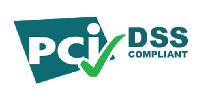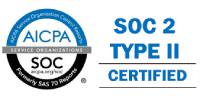Any debt collector who contacts you claiming you owe payment on a debt is required by law to tell you certain information about the debt. That information must include:
If the debt collector doesn’t provide that information in the first contact with you, it is required to send you a written notice including that information within five days after contacting you.
You have 30 days to dispute a debt or part of a debt from when you receive the required information from the debt collector. Once you dispute the debt, the debt collector can’t call or contact you to collect the debt or the disputed part until the debt collector has provided verification of the debt in writing to you. Your dispute should be made in writing to ensure that the debt collector has to send you verification of the debt.
You can also request that the debt collector give you the name and address of the original creditor, if different from the current creditor. If you make that request in writing within 30 days, the debt collector has to stop all debt collection activities until it provides you that information.
Make sure your letter is dated. Then make a copy of your letter and send the original to the debt collector. It’s generally a good idea to send the letter by certified mail. If you pay for a “return receipt,” you also will have proof the debt collector received your letter. You can also fax the letter, just be sure to keep the confirmation receipt.




